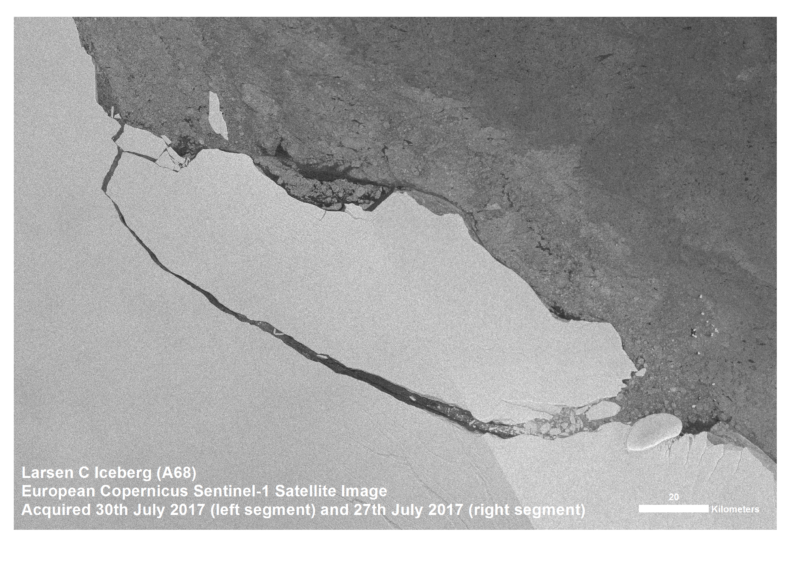Leeds University academics leading global research into glacier reduction

Academics at the University Of Leeds are helping global efforts to track the reduction in glaciers and examining the consequential effects on the environment, reports White Rose Brussels.
The office, which positions the three White Rose universities (Leeds, York and Sheffield), to key stakeholders in Brussels to influence EU research policy, highlights Leeds' research on glaciers in a news roundup.
Priestley Centre director Piers Forster visited the European Parliament in 2016 for an event on ‘Sustainable Solutions for Europe’. He explained how there are over 150 experts on climate change working at Leeds University. This expertise has more recently been shown by several Leeds University academics who, while working with international partners, have produced global leading research on the subject of glacier reduction.
The report includes coverage of Dr Anna Hogg, from the School of Earth and Environment at Leeds, who has been continually tracking the iceberg, known as A68, which broke off from the Antarctica Glacier in the July 2017. It also references the work of Dr Adam Booth, also from the School of Earth and Environment, who has contributed to recent seismic surveys in Greenland and co-authored a new paper about the findings, as well as the most recent warning on downstream effects of glacial melt water from Dr Lee Brown, a freshwater ecologist from the University of Leeds’ School of Geography.
Read the full article.
Image credit: A. Fleming, British Antarctic Survey
